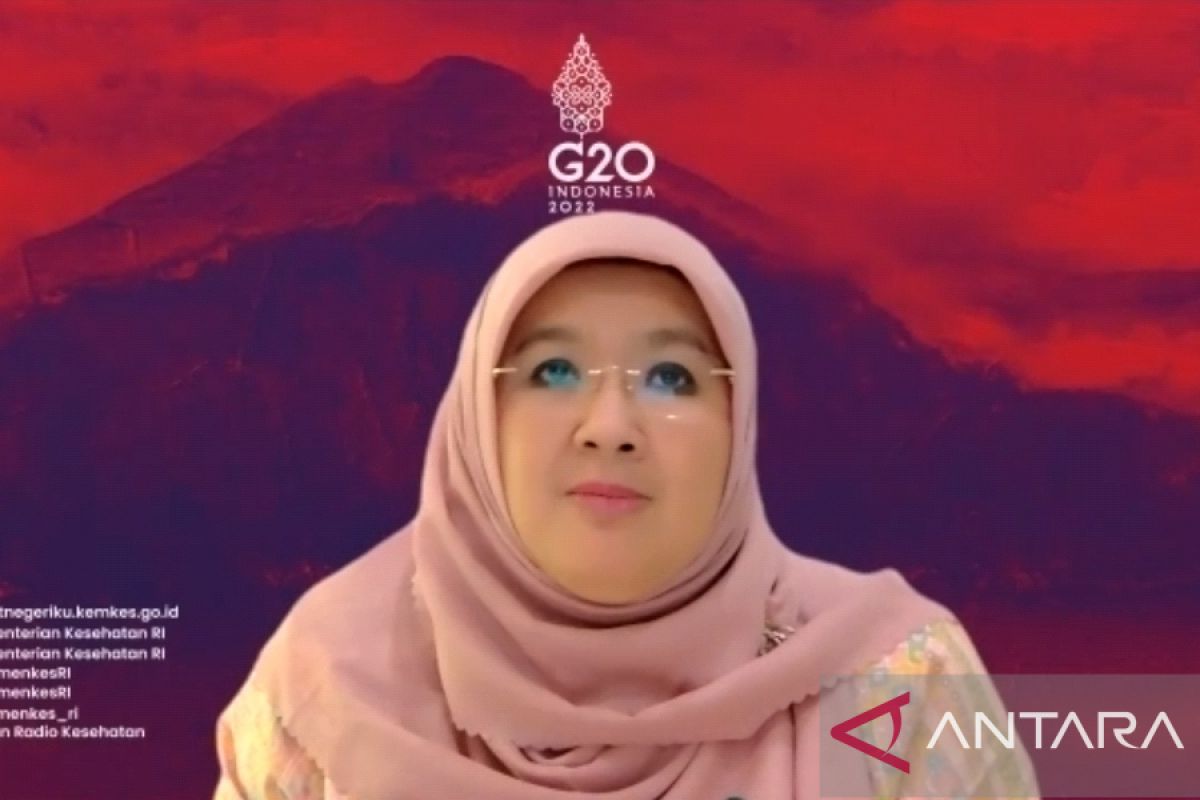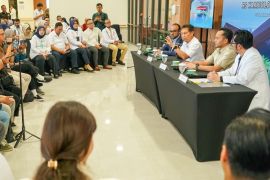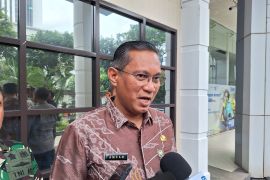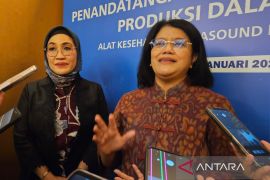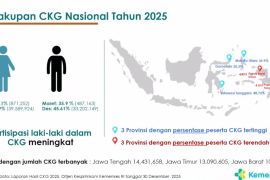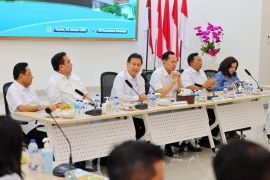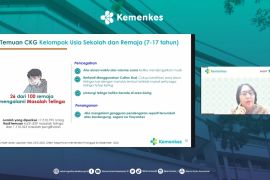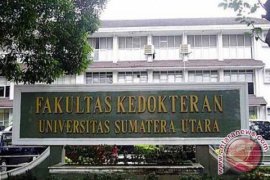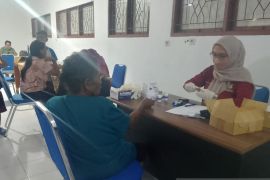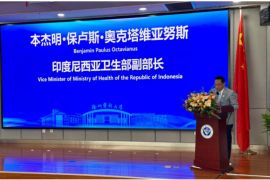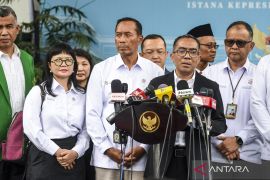"The 2nd HMM agenda is the final meeting of the entire series of meetings, starting from the Health Working Group (HWG) 1 to 3, including the previous three side events," she informed at a press conference on the “Road to 2nd HMM” in Jakarta on Friday.
The Health Ministers’ Meeting is a part of the G20 Sherpa Track, which discusses various global health issues. The second meeting will be held in Bali on October 27–28, 2022.
Representatives from countries outside the G20 forum, such as Singapore, the United Arab Emirates, Switzerland, and the Netherlands, have been invited to the meeting.
In addition, representatives from countries led by other regional bodies will also be involved in the meeting, including the ASEAN Pacific Island Forum, the African Union, and the Caribbean Community, Tarmizi added.
International organizations such as the World Health Organization (WHO), Coalition for Epidemic Preparedness Innovations (CEPI), World Bank, Global Alliance for Vaccines and Immunization (GAVI), and Global Fund, among others, have also been invited to provide inputs on the results of the series of discussions at the G20 health sector meeting.
Tarmizi said that all inputs provided by the delegates would take the form of a joint agreement on realizing a global health architecture, which will then become a joint commitment of all G20 heads of state at the 17th High-Level Conference in Bali at the end of November 2022.
"We hope that there will be ratification of the agreed document as a real action by all G20 Health Ministers in realizing the global health architecture," Tarmizi remarked.
Related news: Green pharmacy to strengthen global health architecture: T20
The document covers strengthening support for the formation of the Financial Intermediary Fund (FIF) mechanism to mobilize the health sector in the context of preparedness for prevention and response to future pandemics.
"FIF's commitment has so far collected US$4 billion from various G20 countries and international organizational units. Later, it will continue to be raised to prepare more budget allocation," she added.
In addition, the 2nd HMM will also discuss genomic surveillance, which has played a major role during the pandemic in tracking COVID-19 virus mutations.
"We need a mutual agreement to be able to share genomic data with platforms for pathogens that have the potential to trigger a pandemic in the future, not only the COVID-19 virus, but other pathogens, through a trusted mechanism between G20 countries," Tarmizi said.
The meeting will further discuss the agreement on the harmonization of global health protocols that would allow travelers to visit countries if a pandemic reoccurs in the future, she added.
"We must strengthen a common platform that can connect various digital systems such as certification of various health documents for travelers, including vaccines and laboratory tests. It can support people's movement and the global economy's recovery if a pandemic occurs in the future," she said.
Tarmizi informed that the 2nd HMM will also finalize the expansion of pharmaceutical manufacturing and vaccine research cooperation to ensure equal access for economically weak countries.
"Access to vaccines and diagnostic tools for low-income countries needs to be pursued equally. As well as independence for middle-income countries, such as Indonesia, to participate in strengthening health defense at the global level," she added.
Related news: Bali can become location for genomic data research center: Minister
Related news: COVID-19- Need uniform global research, manufacturing capacity: govt
Translator: Andi Firdaus, Resinta S
Editor: Suharto
Copyright © ANTARA 2022
